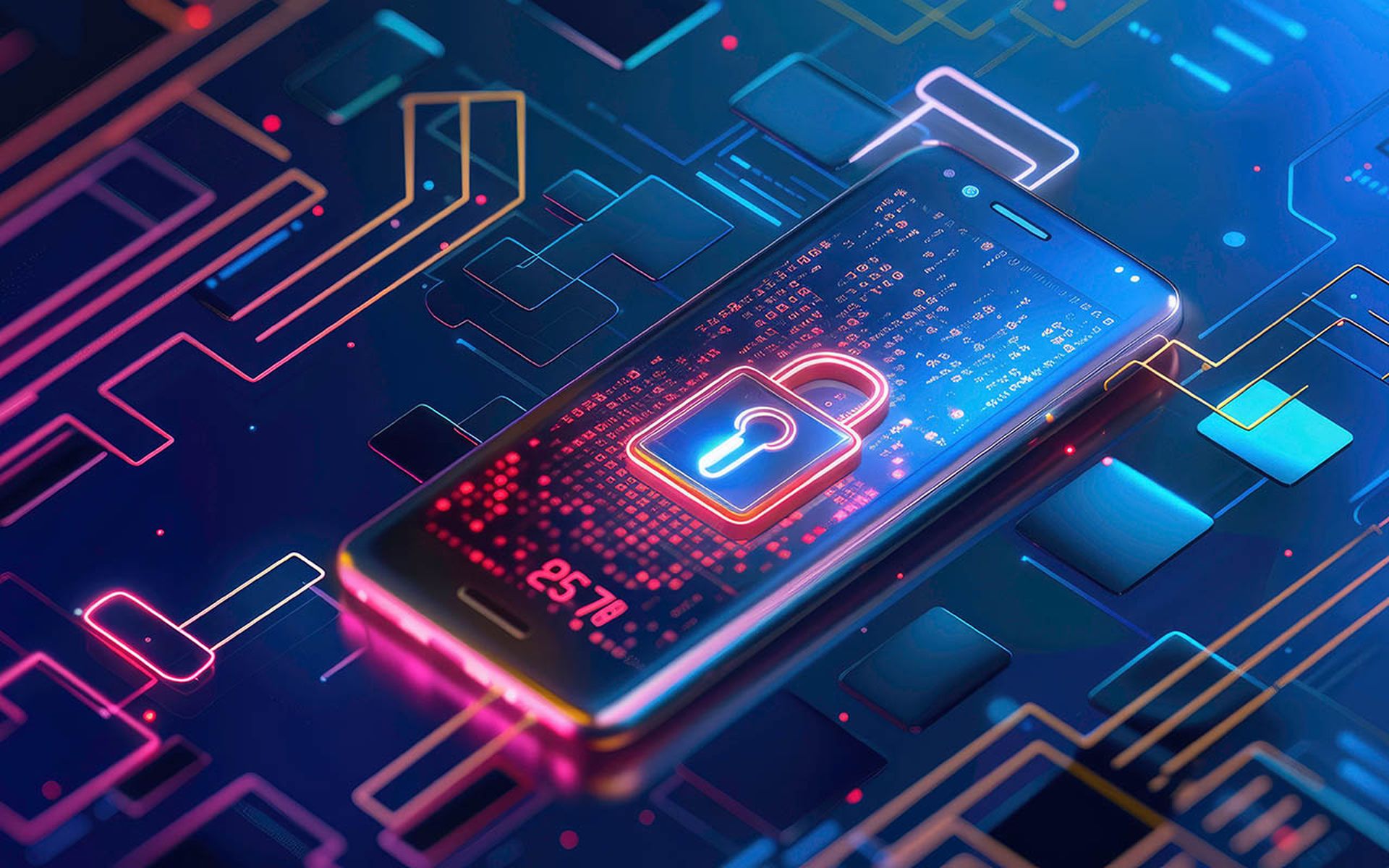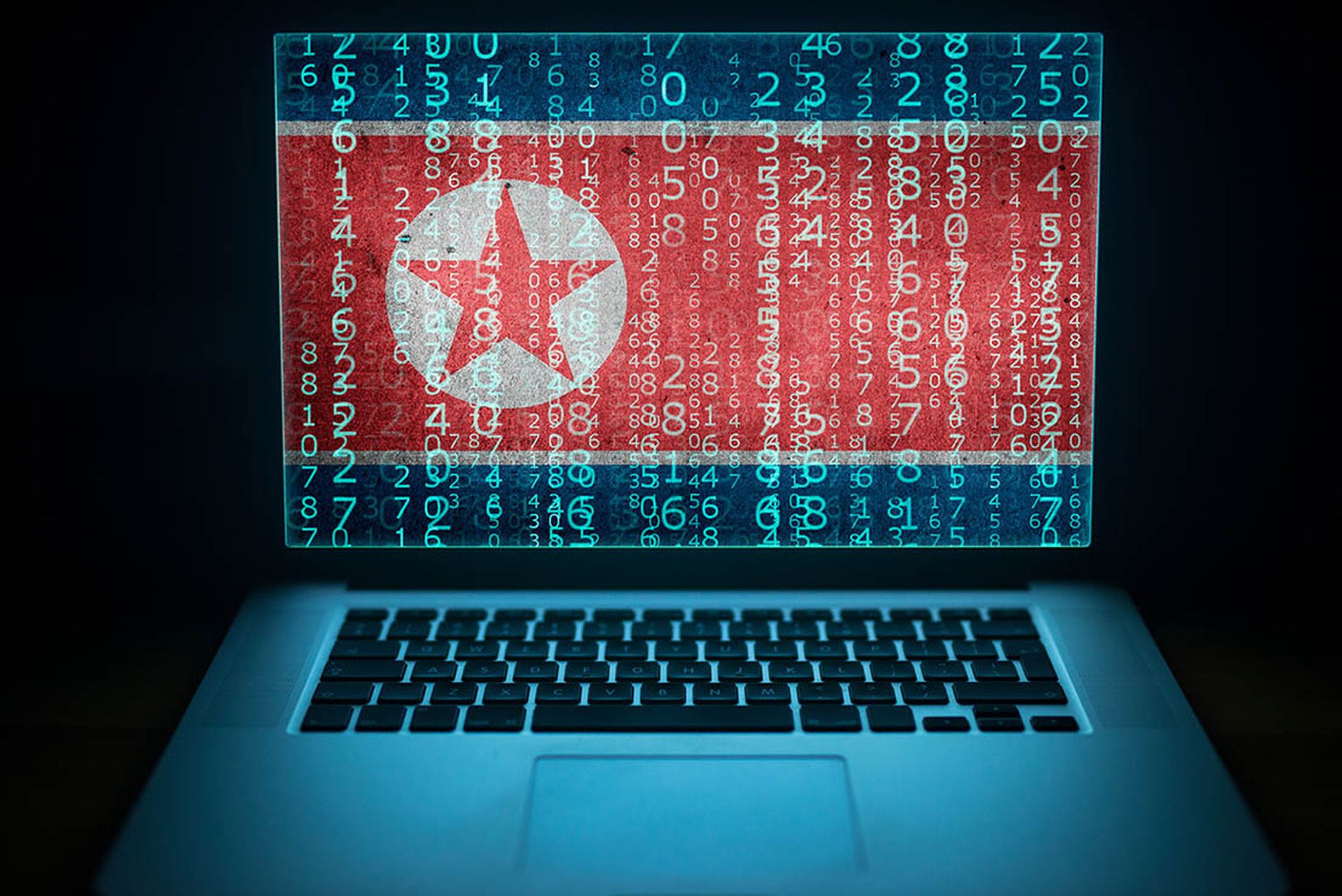It's clear that mobile apps are essential to our personal and corporate interactions. Yet, securing those apps has become a real challenge. Most app developers aren't cybersecurity experts, resulting in a gap between innovation and protection. Enter zero-code mobile app security tools – which offer professional-grade cyber defenses without requiring developers to write complex, customized security code -- effectively bridging the expertise gap and streamlining the path to comprehensive app protection.
By removing competency barriers and simplifying the implementation of security measures, zero-code solutions are not just enhancing app safety; they're helping to improve the integrity of the entire mobile development landscape, allowing creators to focus on what they do best while ensuring user data, corporate IP and other critical elements remain secure.
Zero-code security tools for mobile apps work by providing an automated mechanism for obfuscating code, adding anti-tampering measures, and/or encryption of sensitive data. These are typically applied to the app's binary code or runtime environment without developers needing to modify their source code or SDK.
Modern zero-code app shielding solutions can also provide continuous monitoring and threat detection, analyzing the app's behavior and interactions with the device and network in real-time. This allows for dynamic responses to potential security threats, such as shutting down the app or alerting the developer if suspicious activity is detected. By abstracting away the complex security implementations, zero-code security for applications enables developers to focus on their core functionality and usability while still ensuring robust protection against various mobile app vulnerabilities and attacks.
Developers know better than most that the code they either compile or create to build their apps is only as strong as its weakest point – and with a growing emphasis being placed on protecting mobile apps in much the same way that we have prioritized enterprise security over the last couple decades, zero-code security empowers app developers to more easily step up their game. .
Challenges and Misconceptions
Mobile app security faces several critical challenges that highlight the need for more robust, easy-to-implement solutions. Recent surveys and security testing have revealed some alarming trends:
- Perception vs. Reality: Developers often overestimate their apps' security compared to the market average, despite independent testing revealing significant vulnerabilities.
- Inadequate Security Standards: Many organizations are merely meeting basic app publication criteria rather than implementing comprehensive security measures.
- Overlooked Basics: Simple yet effective security measures like code obfuscation are frequently neglected, despite their low implementation cost relative to potential breach expenses.
- Fragmented Responsibility: The division of app development and security duties often leads to a lack of prioritization for robust security measures.
- Staffing Difficulties: Internal talent within development teams is not only difficult to attract, but it can be even more difficult to retain. Add on to that the constantly evolving nature of cyberthreats, and it makes sense that a large swath of the mobile app development space would turn to third parties for not just the initial implementation of security within their app, but the ongoing monitoring of its security posture.
Notable Time Savings
The time savings provided by zero-code security tools are substantial. Developers can quickly and easily implement security measures without the need for huge amounts of coding, testing, and debugging efforts that can bog down any go-to-market strategy. This streamlined approach allows development teams to focus more on their core development tasks and accelerate their overall business. The efficiency gained from bypassing the traditional, often cumbersome security integration process translates to faster development cycles and the ability to stay competitive.
Robust, Ongoing Protection
Peace of mind is a crucial benefit offered by zero-code mobile application security tools. Developers can be confident that their applications are protected by up-to-date security measures without having to constantly monitor and update their security protocols. This ongoing protection, managed by the security tool, ensures that the app remains secure against evolving threats. For example, app manufacturers need to be sure they don’t rely on insufficient binary protections, allow for improper credential usage, or end up relying on inadequate supply chain security – all of which can wreak havoc.
Cost-Effective Approach
Mobile app developers can save considerable money by selecting service that they can easily implement during their initial mobile application development process. This approach allows them to quickly and powerfully defend the mobile attack surface with enterprise-grade cybersecurity, requiring little effort on their end. By leveraging a zero-code solution, developers avoid the high costs associated with outsourcing to other teams that must be managed. Instead, they gain access to proven technology crafted by experts dedicated to mobile security.
Zero-code security tools offer a powerful solution for mobile app developers, providing critical protection without extensive coding or cybersecurity expertise. These tools address critical security gaps while saving time and costs, allowing developers to focus on innovation. This approach enhances app security and contributes to a more resilient digital ecosystem.
Tom Powledge is head of cybersecurity business at Verimatrix (www.verimatrix.com).




